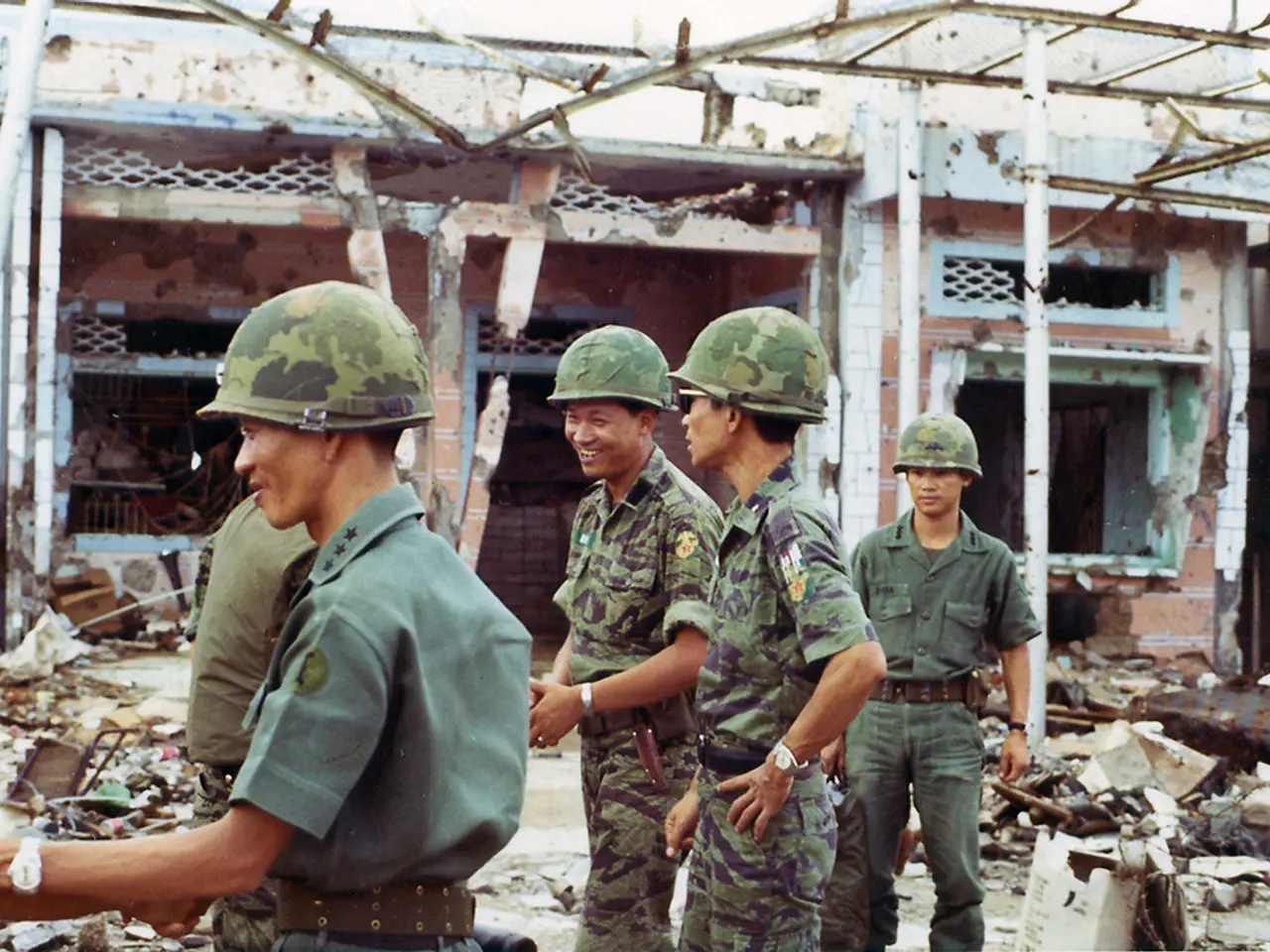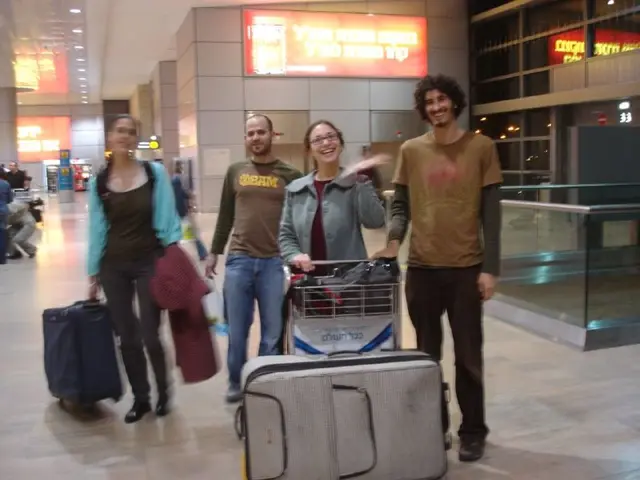Gaza Experiences Gravely Exceeding Humanitarian Catastrophe - according to Medical Aid Organization MSF
In the heart of Geneva, Switzerland, Dr. Christos Christou, the head of medical charity Médecins Sans Frontières (MSF) and international president of Doctors Without Borders, made a stark statement on December 7. The situation in Gaza, he declared, is a humanitarian catastrophe.
The UN reports that 85% of the 2.3 million population of Gaza is now left homeless, with wide areas of the Gaza Strip flattened by Israeli bombardment. Dr. Christou's teams on the ground report that there is no safe place in Gaza.
The conflict between Israeli forces and Hamas militants in Gaza has entered its third month, causing tens of thousands of casualties and widespread destruction of civilian infrastructure. Dr. Christou has called for humanitarian aid to enter Gaza unimpeded.
Israel claims it attempts to minimize civilian casualties, but Hamas allegedly uses built-up residential areas for cover, a claim denied by Hamas. Regardless, the humanitarian situation in Gaza remains extremely dire.
Over half a million people are facing confirmed famine conditions, as of mid-August 2025, alongside acute malnutrition affecting over 130,000 children under five and widespread food insecurity projected to worsen in the coming months. Approximately 90% of the population has been displaced, with 86.3% under displacement or military orders. Conditions in displacement sites are extremely unsafe, with some shelters located on rubble or burned-out structures.
Famine and starvation are exacerbated by the destruction of nearly 98% of cropland, blocking of humanitarian aid—including medicines and supplies barred since March 2025—and restricted humanitarian access. Ongoing fighting and strikes against civilians and humanitarian sites further worsen the crisis.
UN agencies (e.g., UNRWA, WHO, FAO, UNICEF, WFP) and international partners have called for an immediate ceasefire, unimpeded humanitarian access, and large-scale aid delivery to alleviate famine and malnutrition. However, humanitarian aid into Gaza has been severely constrained, with no aid allowed through certain channels since early March 2025, and restrictive registration requirements threatening the departure of international NGOs operating there.
In response to the ongoing crisis, Dr. Christou published an open letter to the UN Security Council on Monday, imploring them to demand an end to Israeli attacks against Palestinian civilians. The UN Secretary-General has condemned the situation as a “failure of humanity” and demands urgent action to silence the fighting and facilitate humanitarian relief.
Gazans have amassed at the southern tip of Gaza, heeding Israeli leaflets and messages claiming safety on the border with Egypt. However, the United Nations and aid organizations have stated that nowhere in Gaza is safe. The crisis is ongoing and worsening, requiring immediate geopolitical and humanitarian intervention to prevent further mass starvation, displacement, and civilian casualties.
- The dire humanitarian crisis in Gaza, as declared by Dr. Christou, is a consequence of the ongoing conflict between Israeli forces and Hamas militants, with the worsening conditions also impacting other aspects of life, such as science and medical-conditions, politics, general-news, and war-and-conflicts.
- International organizations like the UN and affiliated agencies such as UNRWA, WHO, FAO, UNICEF, WFP, and various NGOs are calling for immediate geopolitical intervention to address the humanitarian crisis in Gaza, which encompasses issues beyond just medical-conditions and war-and-conflicts, including famine, starvation, politics, and general-news.








